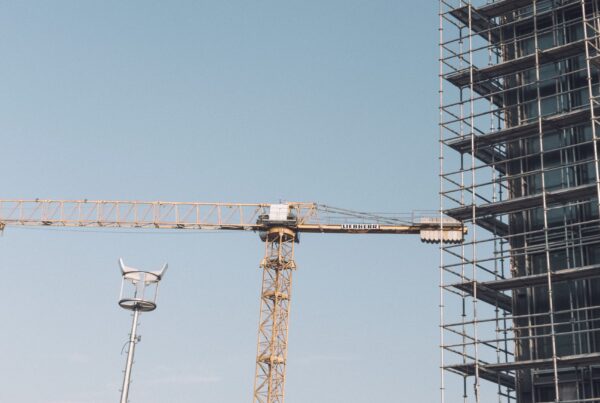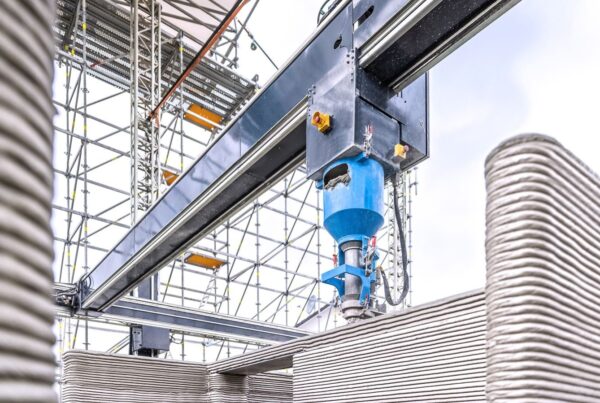
The landscape of digital marketing is ever-evolving and even keeps us on our toes! That’s why we totally empathize with clients who become confused by recommendations or techniques. We also understand that construction is a very traditional industry where everybody’s business strategies, pre-digital marketing, were very similar and …they worked! Now we’re living in a totally new technology-driven landscape with more competition and greater customer expectations than ever. Traditional methods just aren’t cutting it anymore. Here are some of the common misconceptions we hear about digital marketing in the construction industry and how we often address them…
“I’m a property builder- I don’t need fancy branding”
People don’t buy products or services they buy the brand or the person selling them. It really does pay to have clear, identifiable, and aesthetically pleasing branding. This can be on company decals, business cards, and digitally on social media and websites. People become familiar with your branding and then are more likely to remember you so your branding can market itself. Also, studies show if you have premium branding, people a likely to be willing to pay higher prices.
“People will find me on Google, I don’t need to pay for SEO or ads”
Years ago, when there was less competition and when larger companies didn’t buy out the Ad space then yes, smaller construction companies and tradespeople may have appeared organically at the top of Google in their locality. However, now it is rare if this happens. To appear on the first page of Google for relevant search terms for your business i.e. Plant hire Chorley you need to have a website that has been optimised for search engines, containing lots of relevant keywords and landing pages. It’s also likely that you will need to pay for bids on search words and terms in order to broaden your appearance.
“Instagram is for trendy products or fashion, not construction”
Yes, we are used to seeing a filtered reality of glamour and luxury on platforms like Instagram however this does not mean there isn’t a construction audience out there wanting to view, like and share your content. Providing your content has substance and is photographed well then it can engage people and grow your channel and in turn sales. Take a look at another blog we have written for more tips on what to post on social media if you work in construction.
“I know businesses who are successful just from word of mouth and referrals, I shouldn’t need to pay for marketing”
It takes years and years to build a business model that markets itself without you having to put in additional resources and this will become rarer the more people instinctively take Google instead of asking friends for recommendations. If you haven’t been established for over a decade then social media, Google Ads, SEO, Trustpilot, branding and a website is your wisest move.
“Only big construction companies should have a budget for digital marketing”
It’s actually advised for all smaller businesses and start-ups to spend 12-20% of their gross revenue on marketing. Established companies with a larger existing customer base are expected to spend less, between 6-12%.
“We had an expensive website built and it was useless, so we don’t bother with it now”
People are often disappointed with the results from their new websites because they use their entire budget on creating the best website available to them but set nothing aside to market it after. Even the most elaborate and technical websites fall redundant if people are not signposted to them. Check out another blog we have written which highlights why great marketing is what makes your website successful.
“Competitors can leave fake reviews on Google and Trustpilot so it’s too risky for us to set one up”
All reviews on Google and Trustpilot have to be verified. They also have to come from a legitimate account. Any unsolicited and fraudulent reviews can be reported and will be taken down by the platform. If you do receive a genuine review that is negative, you have the opportunity to reply and resolve the issue publicly, this is good for company transparency.




